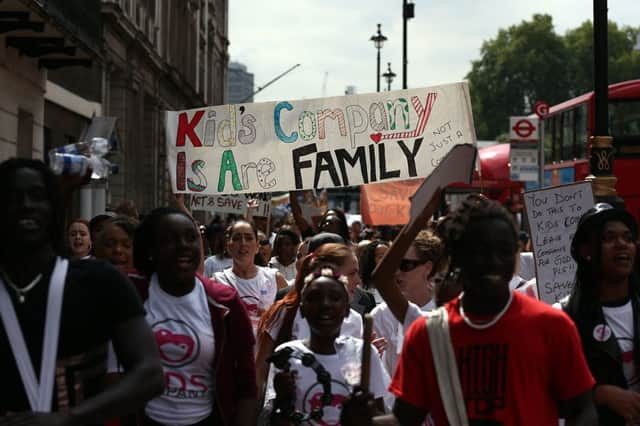Shocking negative press towards charity trustees


Therefore, negative press directed towards trustees in recent weeks has shocked many. The House of Commons Public Administration and Constitutional Affairs Committee report on charity fundraising was particularly scathing; Chair Bernard Jenkin MP said charity trustees were “either not competent, or wilfully blind to what was being done in their names”.Various issues have brought on this disapproval, including fundraising practices, events at Kids Company and criticisms of executive pay in the sector. Most of these issues relate to charities registered in England and Wales, rather than Scotland, which has a different regulator and system of regulation. Nevertheless, Scottish charities have no room for complacency as the spotlight is firmly angled on charity governance and slip-ups.
The Office of the Scottish Charities Regulator is already ahead of its English and Welsh counterpart (the Charity Commission) in this. Celebrating its tenth year in 2016, OSCR has said it is moving towards a new approach of ‘targeted regulation’. This includes promoting transparency, collecting different information, and focusing more closely on governance and risk in charities.
Advertisement
Hide AdAdvertisement
Hide AdDavid Robb, CEO of OSCR, wrote in Governance magazine in January: “We are seeking to raise governance standards of the charity sector overall. By looking at problems at the start, the idea is that we will support charities to deal with problems before they become more significant and threaten the life of the charity and, ultimately, the trust and confidence the public has in charities.” The first change for many charities in Scotland will happen from April this year, when they will see changes in the information they have to submit to OSCR. With practices and expectations constantly evolving, governance has become a critical issue for charity professionals, trustees and advisers. It’s a sign of just how far it has risen up the agenda that ‘Governance perspectives’ is the theme of the WS Charities Conference 2016. I am chairing what will be an interesting conference, especially since the keynote speaker Dorothy Dalton, a leading expert in governance and founding editor of Governance magazine, will bring an overview of the landscape in England and Wales as well as Scotland.
There will undoubtedly be good outcomes from turning the spotlight on charity governance and trustee responsibilities – greater transparency, better management, a recovery in their reputations, and a review of fundraising approaches.
But there’s also a possible flipside: that large numbers of trustees, daunted by the media flak, will stand down; and many potential trustees will decide not to do it. Therefore, we (regulators, charity lawyers and other charity advisers) need to help trustees understand good governance and their role in delivering it. Society needs us to do that.
l Alastair Keatinge is a partner and head of charities at Lindsays